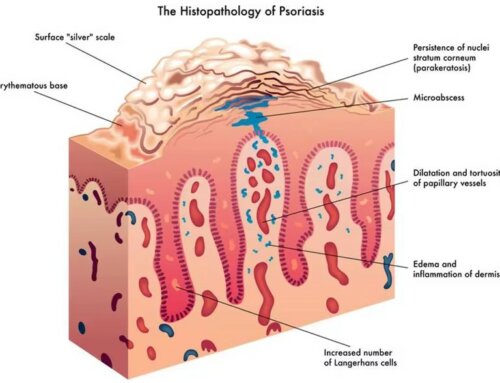While the holidays can be fun, there are also stresses associated with attending gatherings and spending money on gifts. When the holidays are over, people often feel exhausted, let down, and may have even gained weight. Consider the reasons for post holiday stress and how to cope when you have diabetes.
- Stress can cause your blood sugar levels to fluctuate and can lead to other health complications. According to the National Institute of Mental Health, stress is how the brain responds to any demand. As a result, stress can be positive or negative. In a dangerous situation, stress can prepare you for “fight or flight”. However, constant stress can have a negative impact on your physical and mental health. Also known as chronic stress, this persistent stress can have an impact on your immune system. This can make you more susceptible to catching winter colds and flu. Make sure to get a flu shot in later September or early October. Stress also raises your risk of high blood pressure, heart disease, and irritable bowel syndrome. Managing holiday stress is important for people with diabetes.
- Hormones associated with stress include adrenaline and cortisol. When they are released, it can raise your blood sugars. During the stressful holiday season, you may also neglect your diabetes self-management plan. As a result, you could have higher blood sugar levels and experience diabetes-related complications. Remember to take medications as prescribed and continue exercising for at least 30 minutes, 5 times a week. Exercise releases endorphins into the blood stream and may reduce feelings of stress. Use a blood glucose meter to gauge blood sugar levels before and after exercising. Stress may also elevate blood pressure so stay on top and check your blood pressure with an Omron blood pressure monitor.
- While you might not be able to completely eliminate the stress associated with the holidays, you need to learn to manage it. Various approaches work for different people. You should try more than one strategy to help you cope with post-holiday stress. Meditation is an easy way to minimize stress. Find a quiet place where you can get comfortable and breathe deeply. Concentrate on inhaling and exhaling while you focus on a single word. Gentle music or a fragrant candle may also help you relax. If you can’t escape to meditate try deep breathing exercises to help reduce stress.
- Acupuncture is another way to try to reduce anxiety and stress. This form of ancient Chinese medicine focuses on stimulating certain points in the body to correct imbalances in energy flow. Thin needles are inserted into the skin by a licensed practitioner. Beyond reducing chronic stress, acupuncture can also help people with chronic pain such as neck pain, headaches and back pain.
- Physical activity is another great way to reduce stress. Mix it up to keep exercise interesting. Talk a hike, walk with a friend or go swimming at an indoor pool. Try sports or enroll in a fitness class. Try yoga to stretch, achieve better balance and relax. Regular exercise can help boost your mood and improve the quality of your sleep.
- After the holidays, sleep deprivation is common. Make sure to fit 7 to 8 hours of sleep into your day. A lack of sleep may lead to anxiety, depression and weight gain.
- To avoid post holiday stress, have realistic expectations during the season. If you are anxious about a holiday party with long-lost friends or family, consider skipping it. If you can’t afford expensive gifts, don’t max out your credit cards. Focus on relaxing and taking time off rather than rushing to spend money, cooking too much food or partying all night. Stay focused on the things you love and bring you joy.
After the holidays, people tend to feel tired and anxious about their bills, weight gain and other issues. Avoid holiday pitfalls and make sure to fit in a healthy life style into your routine. With a few simple changes, you can get through the holidays without feeling stressed out when it’s all over.







Leave A Comment